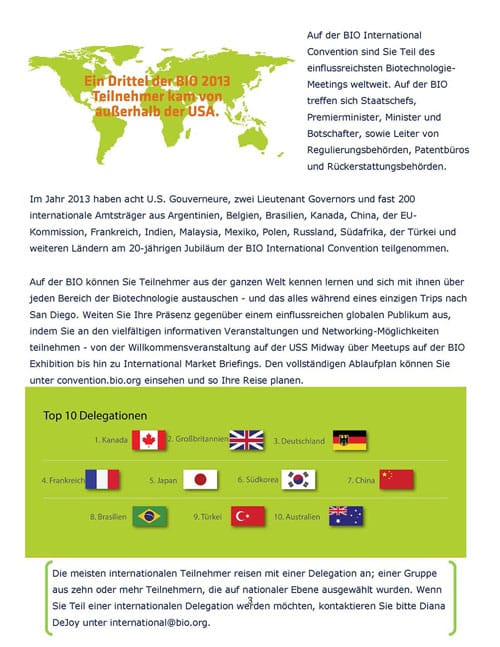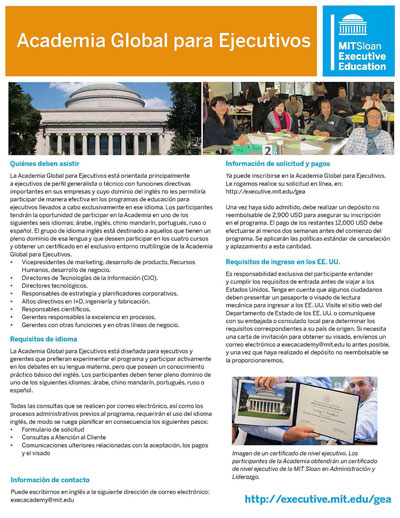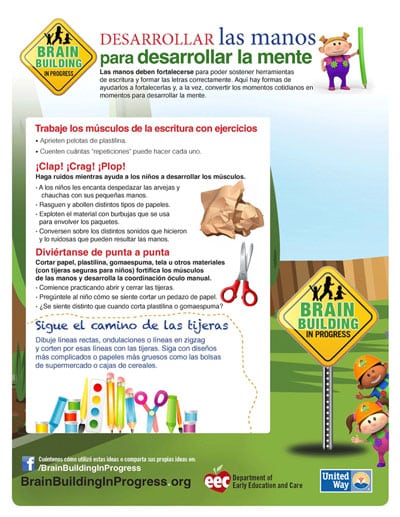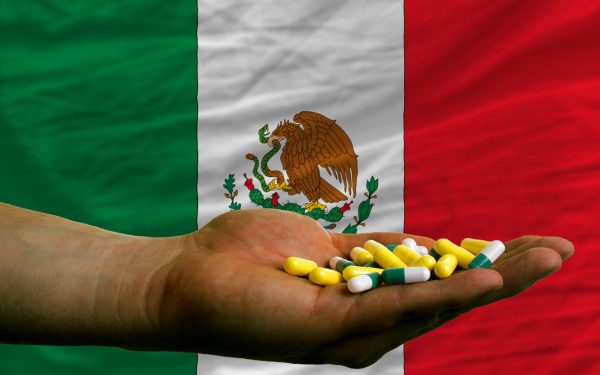Biographical info: About Language Connections: Language Connections is a language service provider. We specialize in technical, medical and legal translation, simultaneous and consecutive interpreting, website and software localization, and corporate language programs and interpreter training. We provide certified, professional translation in 150+ languages including Spanish, Portuguese, Arabic, Chinese, Russian, German, and French. With nearly 3 decades of experience, we have expertise in all major industries including the life sciences, patent and immigration law, international business, global education, and advanced technology. We offer cost-efficient interpreting conference solutions that will meet your multilingual needs for all types of international events, business meetings, conferences, lectures or presentations. For a free quote or to learn more about our services visit www.languageconnections.com. Language Connections LLC, 2001 Beacon Street, Suite 105, Boston, MA 02135 Phone: +1-617-731-3510 Email: service@languageconnections.com
Brochure Translation for BIO International in German Project: Brochure Translation Company: BIO International Convention Language: German Category: Life Science Description: Brochure Translation in German for BIO International Convention. Learn more about our service in Life Science Translations
Executive Education Brochure Translation in Spanish Project: Brochure Translation Company: MIT Sloan Language: Spanish Category: Education Description: Executive Education Brochure translation in Spanish.
Educational Handouts Translation in 10 Different Languages Project: Brochure Translation Company: Department of Early Eduaction and Care Language: Chinese, French, Haitian Creole, Hindi, Khmer, Moldovan, Nepali, Portuguese, Russian, Spanish Category: Education Description: Educational handouts for parents translated into several different languages See more Details at Brain Building in Progress website
Medical Document Translation Progeria Research Case Study As part of their fundamental work, Progeria Research Foundation needed patient outreach documents and informed consent forms translated into more than 15 languages in order to move forward in finding the cure for Progeria, a pediatric disease of early aging. Although the case was highly delicate in nature,…
The Siberian Yuits: a Russian People Recently, Language Connections, a translation and interpreting services agency, had the fortunate opportunity of receiving an inquiry about a language known as Central Alaskan Yup’ik. The client was in need of transcription and translation services to document an ongoing environmental project in Bristol Bay, Alaska. There, many of…
E-Commerce in Russia: Accessing The Russian Market Via The Internet The Outlook of E-Commerce in Russia Recent changes in Russian policy, such as its ascension to the WTO,[1] have led to the promise of the further opening of its markets – entering into serious dialogues with foreign companies and establishing conditions for business cooperation in…
Clinical Trials in Mexico: Addressing the Challenges Western Europe are encountering various challenges in clinical trials research, ranging from high costs to inadequate patient recruitment rates. This has resulted in a growing trend to transfer clinical research into newly emerging regions of the world. Latin America has recently emerged as a market of choice because…
The Future of Biotech in China Will China Overcome Its Barriers? Recent trends in the pharmaceutical industry show an increase in the development and manufacturing of biological products. Although bio-pharmaceutical manufacturing has been greatly facilitated by the development of new technologies, difficulties persist in regulating biological products manufactured in different facilities, particularly ones at…
Patient Recruitment in Clinical Trials Highly successful patient recruitment and lower costs in many countries have spurred the surge in globalization of clinical trials. Increasingly, international clinical trials are conducted in developing regions including several countries in Latin America, Central and Eastern Europe (CEE), and Asia. Patient recruitment rates depend on a variety of factors,…









